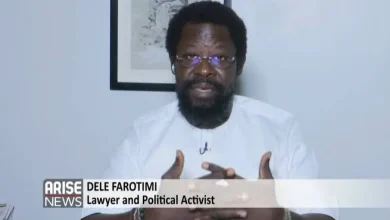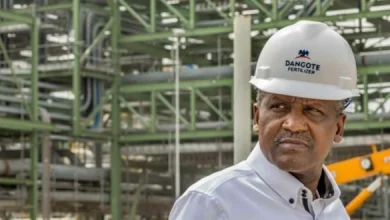Why Nigeria may never be a producing nation

Prof Ebenezer Farombi, a fellow of the Royal College of Chemists, has said poverty, underdevelopment and dependence in Nigeria cannot be addressed until the nation improves its research and technology capabilities and capacities.
Farombi disclosed this at the 43rd University Lecture of the University of Ibadan, Oyo State, titled, ‘From Bench to Bedside and Beyond: Building Capacity in Translational Research’.
The professor of Biochemistry, Toxicology and Chemoprevention from the Department of Biochemistry also emphasised the need for Nigeria to become a globally competitive and a producing nation, using scientific research that solves problems practically .
He said, “Most of the developed nations are great because they have deployed technological tools derived from robust intellectual research activities to solve problems in their countries, develop modern and innovative products for their use and the consumption by other countries, whereas, underdeveloped countries, like Nigeria, are unable to rise from the nadir of technology as they are poor in research activities woven in technology and, as such, are consumers of products made by from developed nations.
“While scientists in nations, like Japan, China and Korea are busy thinking from rigorous engineering research on the model of cars to design, Nigerians are waiting to buy and are busy thinking of the names to give such cars. Names, such as ‘End of discussion,’ ‘Discussion continues,’ ‘Muscle,’ Big daddy’ or ‘Big for nothing,’ ‘Pencil’ or ‘Orobo’ and ‘Envelope’ are demands for Nigerians who fancy and admire beautiful cars brought from these nations.”
“Nigeria and other developing countries must rise in the scale of global competitiveness in order to advance for technological development so that it can move from consumers of research to global competitiveness in research and technology,” he added.
Farombi, while urging the government to provide financial support for research, also called for partnership with the private establishments.
“Funding is key and the government is hereby called again to support this venture. Institutions and individuals should encourage and facilitate a cultural shift towards greater collaboration and communication between basic and clinical scientists,” he said.
“The need for this dual training cannot be overemphasised if translational medicine is going to be actualised,” he added.




